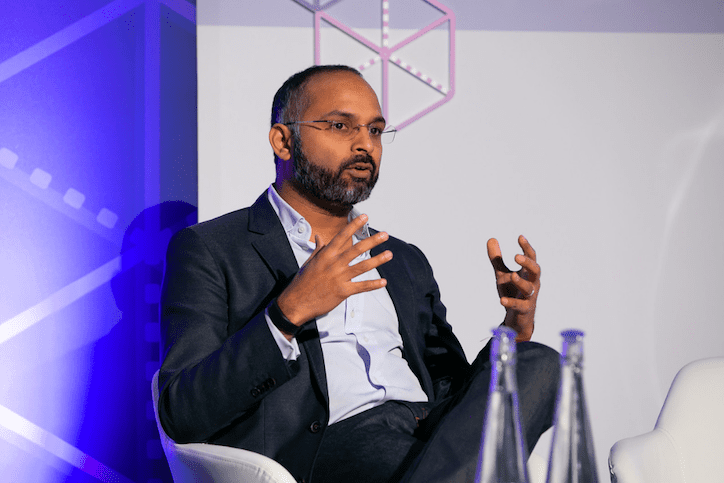
Back in 2005 Zopa quietly launched their P2P lending platform in the UK, the world’s first. It was the start of a lending revolution that has moved on to all corners of the globe. Today, a new chapter begins as the company announced that regulators have approved Zopa’s banking license. With that Zopa achieves another first: becoming the world’s first combined peer to peer lending platform and digital bank.
When Zopa first announced that they were applying for a banking license back in November 2016 some criticized the move. The company was started as an alternative to banks and by becoming a bank some critics thought they were selling out their original vision. But Zopa brushed off the criticism with CEO Jaidev Janardana arguing that most large banks were not giving consumers what they wanted. Zopa had built a culture of customer centricity and they wanted to extend that into a new kind of bank (for more see Jaidev’s keynote at LendIt Europe 2017 as well as his fireside chat interview from this year’s event).
Zopa has officially been granted a banking license with “restricted approval” which means that it can’t launch just yet. They will enter what is called the “mobilization phase”, this is a normal part of the approval process where it needs to “meet conditions set by the regulators, including testing our new products”. Once it satisfies these conditions Zopa will be granted a full banking license.
In their announcement Zopa provided a window as to what products will be launching once they are fully authorized:
When we can fully launch, we will offer FSCS-protected savings accounts and credit cards. These will run alongside our personal loans and P2P investment products, including our IFISA. All our products will be brought together in the Zopa app which will put customers in control of their money and make managing it easier than ever.
So they are focusing on savings accounts and credit cards, these are obvious complementary products to a company that currently offers fixed term personal loans and unsecured investments. There will likely be some good crossover with their existing customer base here.
Keep in mind that the bank will be separated from the p2p lending operation. Zopa Bank will have its own leadership, including its own board while the Zopa p2p lending operation will continue to operate with its existing leadership. All will exist under a Zopa Group entity. Zopa closed a £60 million funding round just last month that will go towards the capital requirements of the new bank.
My Take
When I first started researching p2p lending back in 2009 I came across Zopa in the UK. I have been following the company closely ever since and I continue to be impressed with the moves they make. But the digital banking space in the UK is very competitive with the likes of Monzo, Starling, Tandem, Atom, not to mention Revolut, all with significant traction. What Zopa has, though, that the aforementioned companies do not have, is a 13-year track record of running a successful fintech operation. They weathered the financial crisis as a young company, suffered the untimely death of their first CEO, and for many years were the lone p2p lending company in the UK. They continued to grow prudently eschewing the spectacular growth numbers their counterparts in the US were enjoying. And, of course, they never suffered the big downturn in loan volume that almost all US platforms experienced a couple of years ago. They even made a small profit in 2017 all the while gearing up for the launch of their new bank.
When Jaidev took over as CEO just over it was a changing of the guard and a sign what was to come although we didn’t know it at the time. Not to take anything away from Giles Andrews who was at the helm for more than 8 years (he remains Chairman of the Zopa Group today) but Jaidev brought deep banking experience with him to Zopa after 12 years at Capital One. He continues to leverage that experience as he leads the creation of their next generation bank.
Each of the challenger banks in the UK has a slightly different focus and Zopa has said their initial focus will be on credit cards and savings products. While I don’t think it will be easy for them to make inroads here, unlike the other challengers they are not starting from scratch. They not only have hundreds of thousands of borrowers and almost 80,000 existing investors they have an experienced team and a brand that has been built over 13 years. This will give them some unique advantages.
For Zopa Bank to succeed they will have to execute well. But as Jaidev has pointed out numerous times before the large banks continue to do a poor job when it comes to customer satisfaction. They succeed despite their poorly designed products. I expect Zopa will launch products that prove popular with consumers and by keeping their eye firmly on customer satisfaction I will be surprised if Zopa Bank does not do well.


